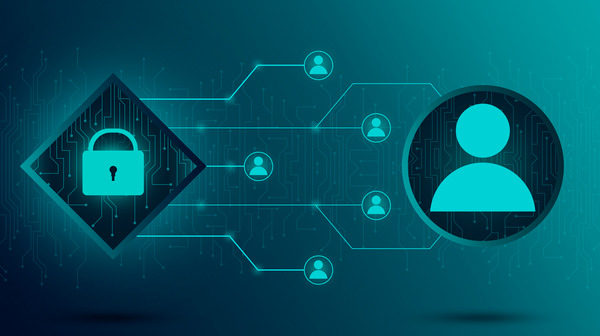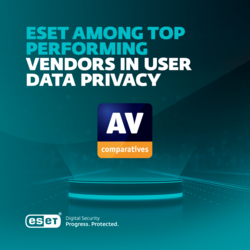It is a commonly held belief of many people that using software that watches what happens on their devices means giving up their privacy. However, even though privacy and security are intertwined, they are not the same.
Security software usually works in either one of these four ways:
- It scans all or chosen programs and files as they enter your device and compares them to the vendor’s malware database to determine whether they are harmless or pose a threat.
- It analyzes programs and files already present on your device, looking for any suspicious activity.
- It uploads unknown files to the vendor’s cloud for a deeper analysis.
- It does multiple or all of the above-mentioned options at once.
All four of these options could sound like an invasion of one’s privacy. Imagine your bodyguard always looking over your shoulder and standing next to you in every action you take and every conversation you have. It all sounds intrusive and you probably wouldn’t want that. This is how some may view security software.
But this is actually not the case. Imagine an army of bodyguards around you, making sure nothing harmful gets to you. They have their previous experiences and compare anything getting to you to the things they’ve come across before. In this sense, anything would be a cyber threat. Now, these bodyguards are also protecting other people, so they need to remember what they´ve encountered. But here is the trick. They do not share that data with anyone, except the bodyguard company they work for, aka your security vendor. And the only data that is collected and shared with the company is for the purpose of increased protection and making security solutions better for all users.
The company (security vendor) is interested in the types of threats so that it can learn and better protect you and others. It’s not really interested in personal files, such as photos, or birthdays. The sole and only purpose of any data collection is to strengthen security. And that is what ESET is doing as well.

We live in an age where people – quite rightly – are increasingly concerned about who has access to their personal information and how it is being used. The same goes for security software and its data sharing, which is required for the software to be able to properly protect the user. However, this does not mean users are surrendering all their personal information to the provider without consent.
In cooperation with Connect-Living, the independent testing organization AV-Comparatives has recently put 20 consumer security vendors to the test, ESET being one of them. It conducted an analysis of data-sharing practices, policies, accessibility, and transparency. ESET emerged as one of the top-performing vendors, receiving 4.5 stars out of 5.
We have talked about data privacy many times before and it has been the concern of not only individuals but governments as well. The recent TikTok bans are one example. Privacy is a crucial part of our online presence, more than ever before. Therefore, it is very important to consider it when choosing your security vendor.
ESET at the heart of European Digital Security
Of course, as with any software company, security vendors need to comply with local and international regulations. ESET (as an EU-based company) was one of the first IT security companies to be awarded the label by the European Cyber Security Organization (ECSO). The label recognizes a company’s capabilities and commitment to protecting citizens, businesses, and government bodies from cyber threats. It also underscores the quality and values of the security vendors . ESET does not share data with third parties, and prefers to process its data in the European Union (EU). With a proportion of the company’s cybersecurity research and development taking place in the EU, the company also meets the requirements of the General Data Protection Regulation (GDPR), as well as local privacy regulations.
Data-sending practices are something to take seriously, and making sure to choose a provider that aligns with what you are looking for is very important. Users should be cautious with the data they provide companies of any kind, including how and what they collect and how it’s being used. User privacy is and always will be of the utmost importance for ESET. That is why personally identifiable files, such as pictures, documents, and databases, are by default excluded from automated uploads to ESET’s cloud analysis systems in case unknown and suspicious behavior were detected. Of course, this list can always be expanded or redacted by users and admins alike. ESET is also one of the very few vendors that allow the use of protection of the cloud without having to contribute their own data.
As the digital world expands and changes rapidly, our vigilance and caution need to evolve with it. It is vital to remember that not only companies, corporations, and governments can fall prey to cyber criminals. The need to protect oneself in the online world is just as important as in the offline. And just like you wouldn’t choose an inexperienced bodyguard, in the same way, you need to choose a security vendor that takes users’ privacy seriously.
